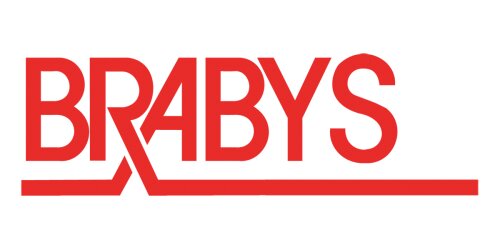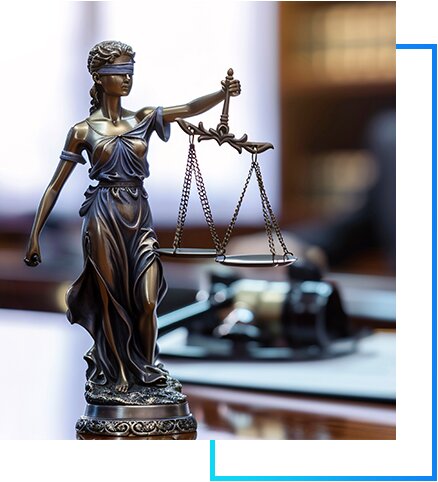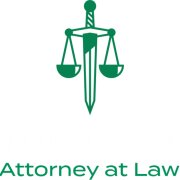Best Native People Lawyers in Durban
Share your needs with us, get contacted by law firms.
Free. Takes 2 min.
List of the best lawyers in Durban, South Africa
About Native People Law in Durban, South Africa
In Durban, South Africa, Native People Law pertains to the rights, affairs, and concerns of the indigenous Zulu populations. These regulations govern issues such as land rights, cultural heritage, labor rights, and socio-economic equality. The country's legal structure strives to protect the interests of the native communities, while also promoting integration and cooperation between the various ethnic groups.
Why You May Need a Lawyer
Lawyers specializing in Native People Law can offer crucial legal advice and representation in a variety of situations. Common instances when you might require legal assistance include land disputes or demarcations, heritage protection issues, labor disputes, and discrimination cases. Such lawyers also assist in drafting documents, such as wills or contracts, and can help navigate the intricacies of the customary law system.
Local Laws Overview
The local laws especially pertinent to Native People in Durban, South Africa revolve around several key areas. The Constitution of South Africa ensures the right to cultural, religious and linguistic communities. The Native Land Act governs land dispossession and claims and the Traditional Leadership and Governance Framework Act (TLGFA) organizes the structure of traditional leadership and governance. Customary sacred and intellectual rights are protected under the National Heritage Act and the Protection of Traditional Knowledge Bill.
Frequently Asked Questions
What are the traditional leadership structures in Durban?
The traditional leadership structures in Durban and in the larger KwaZulu-Natal province are typically organized into clans led by local elders known as Inkosi or Izinduna. These structures play a pivotal role in the cultural identity and organization of Zulu society.
How are land disputes resolved among Native People?
Land disputes among Native People are usually resolved through customary law processes, under the guidance of traditional leaders. However, formal legal processes are also available and sometimes used, especially for larger disputes or those involving parties from outside the community.
What is the Protection of Traditional Knowledge Bill?
The Protection of Traditional Knowledge Bill is a proposed piece of legislation intended to protect the intellectual property rights of indigenous societies. This includes dances, songs, oral histories, designs, and other products of traditional knowledge.
Are Native People protected against discrimination?
Yes, all citizens of South Africa, including Native People, are protected against discrimination based on race, culture, or ethnicity by the Constitution. This protection extends to matters of employment, education, housing, and public services.
How can I ensure my will respects traditional customs?
Working with a lawyer familiar with indigenous customs and law can help ensure that your will adequately respects traditional practices and norms while also adhering to South African legislation.
Additional Resources
The Department of Traditional Affairs, the Commission for the Promotion and Protection of the Rights of Cultural, Religious and Linguistic Communities (CRL Rights Commission), and the Law Society of South Africa are useful resources when seeking legal advice related to Native People. They can provide additional information, support services, and refer you to specialized legal practitioners when necessary.
Next Steps
If you require legal assistance in matters related to Native People in Durban, it is recommended to reach out to a specialized lawyer or law firm. They will help you understand your rights, navigate the legal landscape, and provide the necessary support to resolve your issues. Be sure to collect and organize any relevant documents and information before your appointment to facilitate a smooth consultation process.
Lawzana helps you find the best lawyers and law firms in Durban through a curated and pre-screened list of qualified legal professionals. Our platform offers rankings and detailed profiles of attorneys and law firms, allowing you to compare based on practice areas, including Native People, experience, and client feedback.
Each profile includes a description of the firm's areas of practice, client reviews, team members and partners, year of establishment, spoken languages, office locations, contact information, social media presence, and any published articles or resources. Most firms on our platform speak English and are experienced in both local and international legal matters.
Get a quote from top-rated law firms in Durban, South Africa — quickly, securely, and without unnecessary hassle.
Disclaimer:
The information provided on this page is for general informational purposes only and does not constitute legal advice. While we strive to ensure the accuracy and relevance of the content, legal information may change over time, and interpretations of the law can vary. You should always consult with a qualified legal professional for advice specific to your situation.
We disclaim all liability for actions taken or not taken based on the content of this page. If you believe any information is incorrect or outdated, please contact us, and we will review and update it where appropriate.














